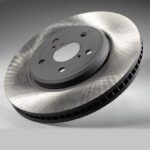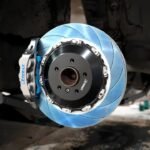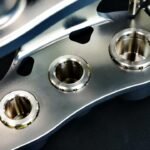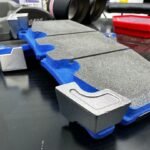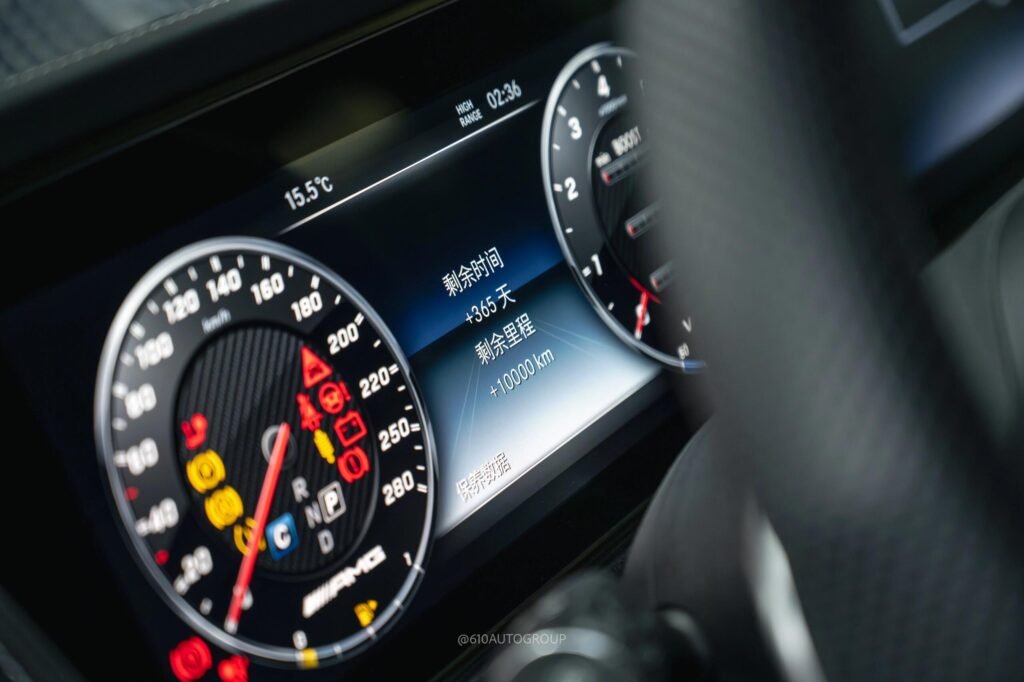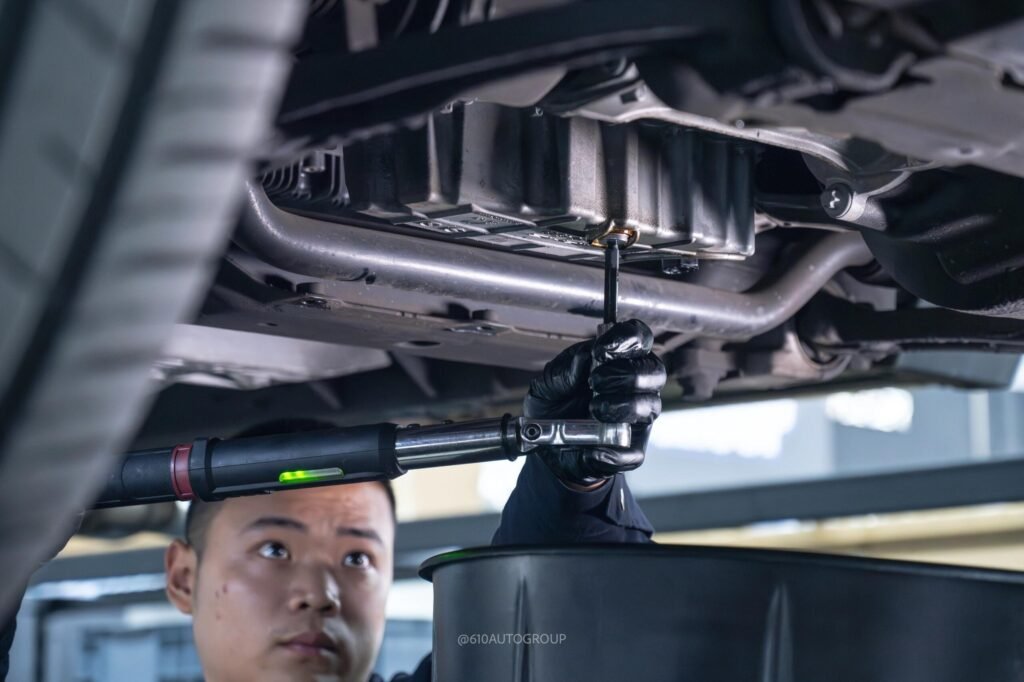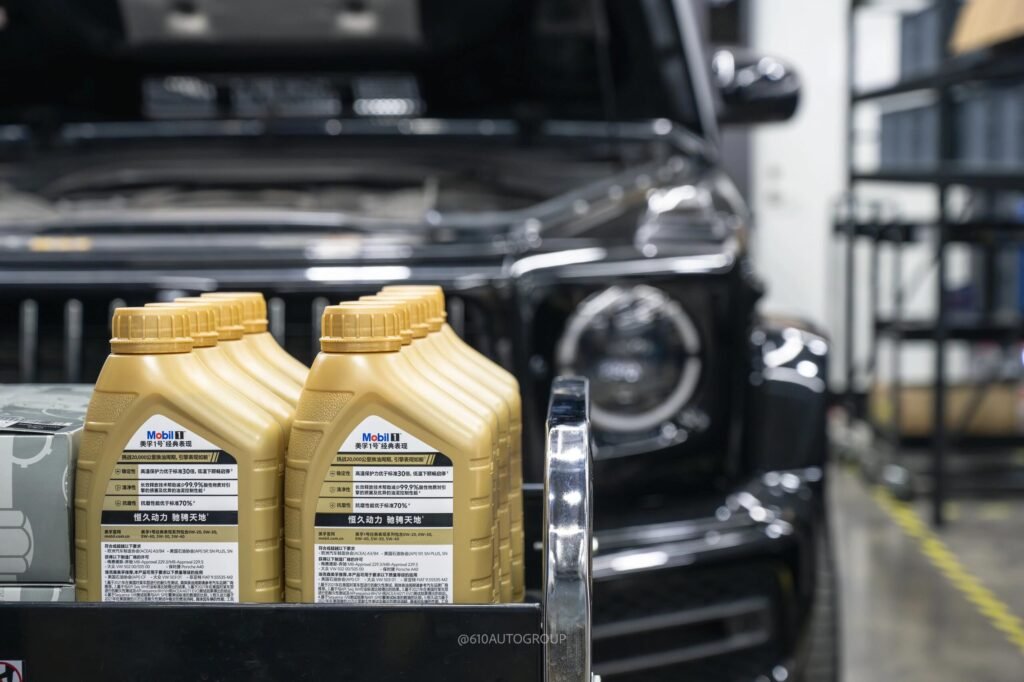Finding the right car parts can be a pain in the neck. You don’t want to go cheap and buy crap parts that will cause more problems than they’re worth. But you also don’t want to pay through the nose to go with OEM parts. The solution? Know the difference between aftermarket and OEM before you buy.
Aftermarket car parts are not necessarily worse than OEM. It all depends on the quality. In fact, many aftermarket parts meet or exceed OEM standards.
Hang with me, and we’ll dive into the details so you can make a better decision the next time you buy car parts.

Are aftermarket parts worse than OEM?
Are aftermarket parts worse than OEM? Not necessarily. Aftermarket parts are made by third-party manufacturers. Many of them are just as good as OEM. Some might even offer improvements over OEM in terms of performance or durability. The key is to choose reputable aftermarket brands. With OEM, you know exactly what you’re getting. With aftermarket, you might need to do a little bit of research. But many times, aftermarket parts work just as well for a fraction of the price, which means you get more bang for your buck.
What are the disadvantages of aftermarket parts?
Aftermarket parts aren’t all sunshine and roses. One of the downsides is that you don’t have the same consistency of quality as you do with OEM parts. With OEM parts, you know that part was made specifically for your vehicle by the original manufacturer. With aftermarket parts, you have many different manufacturers making parts for the same vehicle, so the quality can vary. Another thing to consider is fitment. Some aftermarket parts may not fit as perfectly as OEM. This could mean you have to modify something to get it to fit. Or, in some cases, an ill-fitting part could even present a safety hazard. Finally, installing an aftermarket part may void your vehicle warranty. So, if your car is still under warranty, you need to check with the dealership to see if you can put aftermarket parts on your vehicle without voiding the warranty.
Which is better, the OEM or the genuine parts?
The quality of OEM and genuine parts is essentially the same. Genuine parts are the ones that come directly from the car manufacturer. OEM parts are made by the company that supplies the car manufacturer. Aftermarket parts are from third-party manufacturers. If you’re deciding between OEM and genuine parts, there’s no real difference in quality or fit. It just depends on whether you want to pay more for the manufacturer’s stamp of approval.
Does OEM really matter?
OEM parts matter when you want consistency and peace of mind. They are specifically designed for your car, so there’s no guessing if they’ll fit or work as intended. However, OEM parts tend to be more expensive. Sometimes they’re more expensive for a good reason. Sometimes they’re more expensive just because they know they can charge more. That’s why a lot of people opt for aftermarket parts. In fact, many times aftermarket manufacturers actually improve on the original designs, especially when it comes to performance parts. That being said, if you’re dealing with something critical like safety components, you might want to go OEM.
Summary
Aftermarket versus OEM? It’s not about which one is worse. It’s about knowing what fits your needs best and how much you’re willing to spend.

